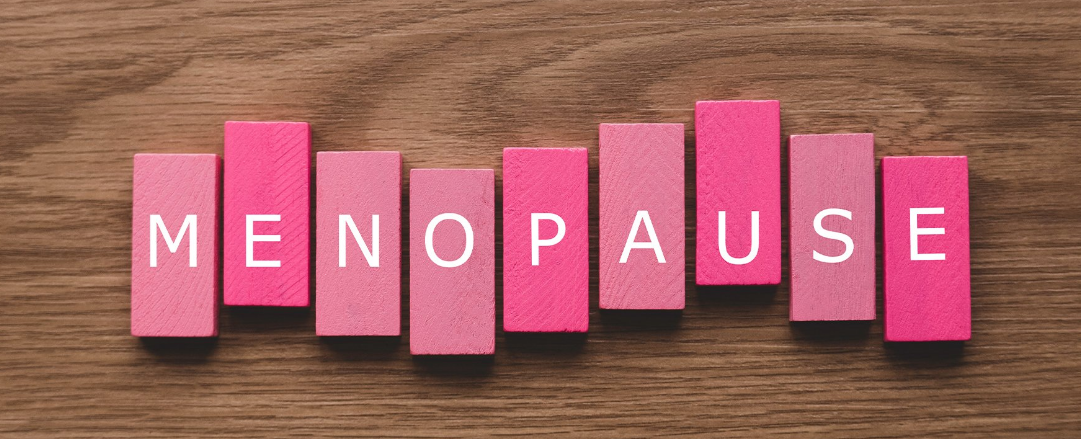Menopause can be a trying time in a woman’s life. The natural stage of life comes with multiple symptoms that can make life uncomfortable and stressful. Fortunately, the Womens Healthcare Physicians specialist can help you evaluate the multiple ways to survive the inevitable phase of life and lead a quality life. Several alternatives can help you deal with both physical and psychological complications you endure. Every woman’s experience is unique, and your doctor will begin with an accurate diagnosis of your symptoms. Understanding when to treat your symptoms can increase your chances of effectively dealing with the symptoms. Here are some helpful tips for you.

Managing Painful Intercourse and Vaginal Dryness
It is common to experience pain during sex when around or in the menopause stage. The condition can be associated with multiple factors, including vaginal dryness around the same era. Your doctor will first diagnose your symptoms and ensure there is no other reason for these common symptoms. You can opt for estrogen replacement treatments and stick to the prescription. Your doctor can also discuss lubricants to improve your vaginal moisture. Additionally, ensure that you are fully aroused before intercourse to allow your body enough time for self-lubrication.
Handling Night Sweats and Hot Flashes
Hormonal changes during menopause commonly cause hot flashes that contribute to night sweats. Fortunately, medical professionals have effectively managed these symptoms through hormone replacement therapy. However, the treatment is not for everyone, as some women choose to avoid hormonal treatments. You can also learn about the common triggers of your symptoms, such as alcohol, caffeine, and spicy food, where avoiding them can help you find some relief. Dietary changes like investing in more soy and exercising can also help with hot flashes and night sweats.
Improving Your Mood
Mood changes like mood swings are common with menopause. Also, menopause can be an emotional and psychologically demanding process as it is physical. Fortunately, joining a support group can help you know that you are not alone. Being around people going through the same thing can help you easily cope with the process. Also, you might want to talk to your doctor about antidepressants to see if they help you lower your depression levels. Additionally, try to avoid stressors, adapt self-care techniques, and sleep better to beat the mood changes.
Managing Erratic Periods
Menopause can significantly affect your menstrual cycle and interfere with your periods. Missing or irregular periods can signify menopause, but you should confirm first. Take a pregnancy test to ensure that you are not pregnant. Since you might not have a clear idea of your menstrual calendar, you might want to carry your hygiene products with you to be ready at all times. Also, talk to your doctor about pain medications if your cramps become hard to bear.
Accept Your Sexual Feelings
Sometimes acceptance is the gateway to healing. You might discover that you are no longer interested in sex as before when you get to menopause. Although it is a normal feeling, it can affect your relationships. Therefore, it is crucial to talk to your partner after accepting that you are going through menopause. Also, be honest with your doctor; they can help you understand how to spice up things in your relationship.
It would help if you did not endure menopause alone. Get in touch with Women’s Healthcare of Naples specialists for help. Schedule a consultation appointment to understand your symptoms and what you can do about them.



